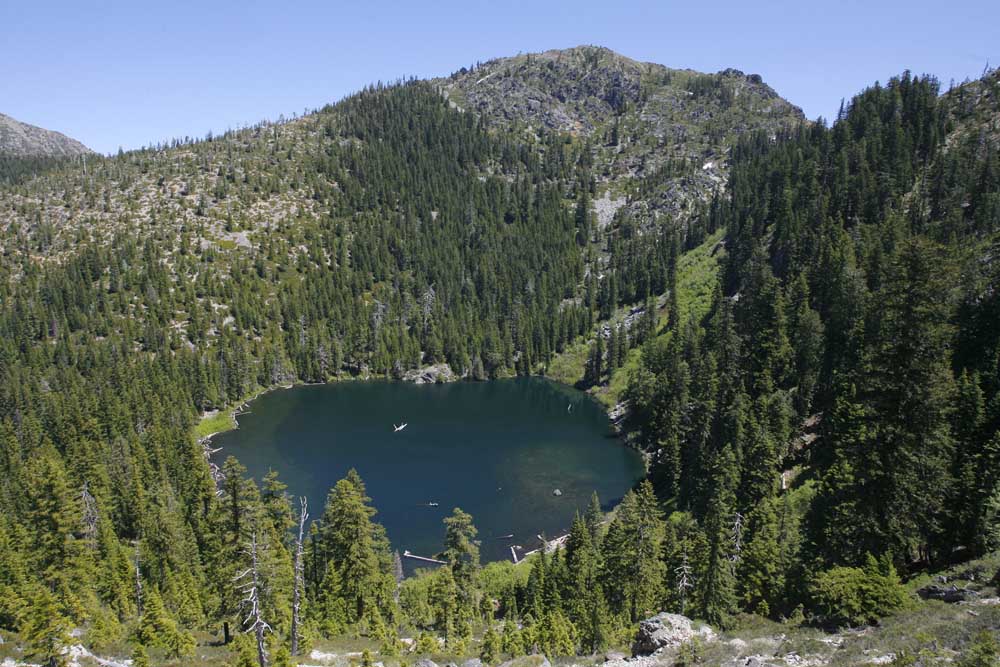Editorial: Change the Antiquities Act
Published 12:00 am Thursday, February 1, 2018

- Raspberry Lake in the Siskiyou Wilderness. (Zach Urness / The (Salem) Statesman Journal)
The Constitution is built on checks and balances. No branch of government has too much control. But the Antiquities Act of 1906 gives the president too much control.
The Antiquities Act gives the president the power to unilaterally designate national monuments. Presidents have used the act to protect Native American sites and the Grand Canyon and establish the Oregon Caves National Monument & Preserve.
Changing the act does not mean important places would not be protected. They could still be protected going through the same public process as other laws — passed by Congress and signed by the president. The Wilderness Act is one of many legal routes.
The debate over the Antiquities Act has been a fight in the past, and it’s one again. President Donald Trump recently signed a proclamation to downsize two national monuments in Utah. He may also reduce President Obama’s expansion of the Cascades-Siskiyou Monument in Oregon.
Bills in Congress have staked out broad positions on the act. House Resolution 3990 would limit the power of the president to designate national monuments. Senate Bill 2354 sets out to strengthen it, limiting the power of a president to change any designation that was made in the past. Congress needs to have this kind of debate.
Restricting the use of land in states shouldn’t be up to the president. It should be a public process. The elected representatives of states need to have a say. They don’t necessarily get one the way the law is written.
Protecting land and relics can be a role of the federal government. But it should be done through debate and with a process of checks and balances. The Antiquities Act needs to be changed.








